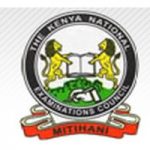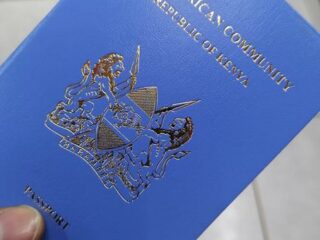If you have been diagnosed with high blood pressure, you may be worried about taking the medication to lower your blood pressure.
Lifestyle plays an important role in treating your high blood pressure. If you successfully control your blood pressure with a healthy lifestyle, you can avoid, delay or reduce the need for medications.
5 Things to Lower Your Blood Pressure Without Medication
- Lose the extra pounds and look at your waist
Blood pressure often increases as weight increases. Being overweight can also cause an interruption of breathing while sleeping (sleep apnea), which increases your blood pressure.
Weight loss is one of the most effective changes in lifestyle to control blood pressure. Losing just 10 pounds (4.5 kilograms) can help lower your blood pressure.
In addition to losing pounds, you should generally also keep an eye on your waist. Carrying too much weight around your waist can put you at higher risk for high blood pressure.
In general:
-Men are at risk if their waist measurement is greater than 40 inches (102 centimeters).
-Women are at risk if their waist measurement is greater than 35 inches (89 centimeters).
-These numbers vary among ethnic groups. Ask your doctor about a healthy waist measurement for you.
- Exercise regularly
Regular physical activity – at least 30 minutes most days of the week – can lower your blood pressure by 4 to 9 millimeters of mercury (mm Hg). It is important to be consistent because if you stop exercising, your blood pressure may increase again.
If you have slightly high blood pressure (prehypertension), exercise can help you avoid the development of complete hypertension. If you already have hypertension, regular physical activity can bring your blood pressure to a more secure level.
The best types of exercise to lower blood pressure include walking, jogging, biking, swimming or dancing. Strength training can also help lower blood pressure. Talk to your doctor about developing an exercise program.
- Eat a healthy diet
Eating a diet that is rich in whole grains, fruits, vegetables and dairy products low in fat and low in fat and cholesterol can lower blood pressure by up to 14 mm Hg. This eating plan is known as the dietetic diet to stop hypertension (DASH) diet.
It is not easy to change your eating habits, but with these tips, you can adopt a healthy diet:
-Keep a food diary. Writing down what you eat, even for just a week, can shed surprising light on your true eating habits. Watch what you eat, how much, when and why.
-Consider increasing potassium. Potassium can decrease the effects of sodium on blood pressure. The best source of potassium is food, such as fruits and vegetables, rather than supplements. Talk to your doctor about the level of potassium that is best for you.
-Be a smart shopper. Read food labels when you buy and stick to your healthy eating plan when you are eating out, too.
- Reduce sodium in your diet
Even a small reduction in sodium in your diet can reduce b.pressure by 2 to 8 mm Hg.
The effect of sodium intake on blood pressure varies among groups of people. In general, limit sodium to less than 2,300 milligrams (mg) a day or less. However, a lower intake of sodium – 1,500 mg per day or less – is appropriate for people with increased salt sensitivity, including:
African Americans
Anyone age 51 or older
Anyone diagnosed with high b.pressure, diabetes, or chronic kidney disease
To lower sodium in your diet, consider these tips:
-Read food labels. If possible, choose low-sodium alternatives to foods and beverages that you normally buy.
-Eat less processed foods. Only a small amount of sodium occurs naturally in food. Most sodium is added during processing.
-Do not add salt. Only 1 teaspoon salt level has 2,300 mg of sodium. Use herbs or spices to add flavor to your food.
Ease in it. If you do not feel you can drastically reduce sodium in your diet suddenly, gradually reduce. Your palate will adjust over time.
- Limit the amount of alcohol you consume
Alcohol can be good and bad for your health. In small amounts, you can potentially lower your pressure by 2 to 4 mm Hg.
But that protective effect is lost if you drink too much alcohol – usually more than one drink a day for women and for men over 65, or more than two a day for men 65 and younger. One drink equals 12 ounces of beer, five ounces of wine or 1.5 ounces of liquors.
Drinking high amounts of alcohol can raise b.pressure at several points. It can also reduce the effectiveness of b.pressure medications.













